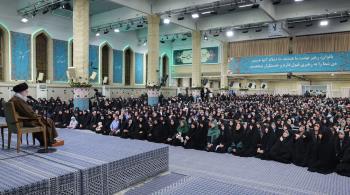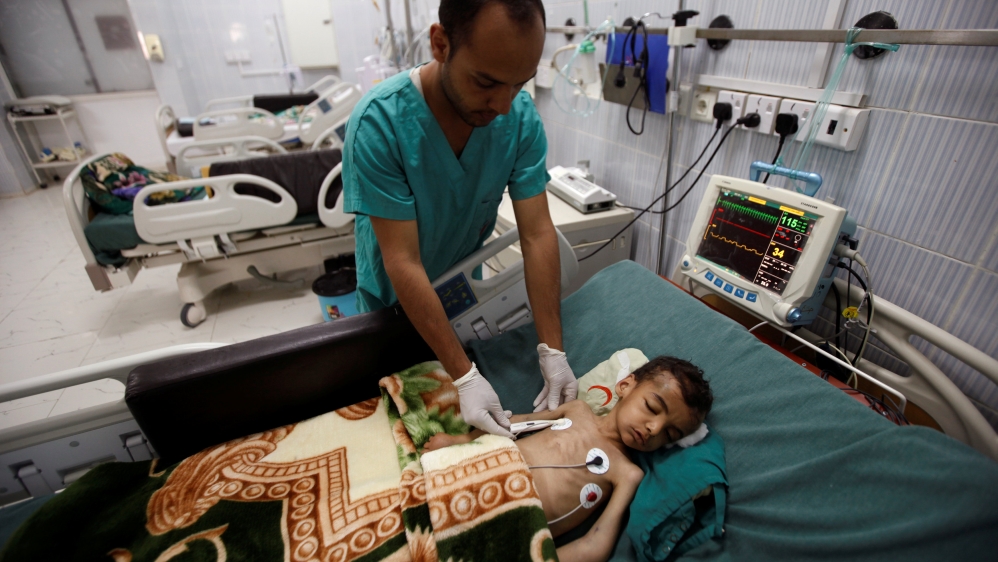Alwaght- Saudi Arabia's over two-year aggression and an all-out blockade on Yemen are central causes behind the cholera outbreak that has claimed lives of at least 180 people, Red Cross and the UN suggests.
Calling the situation in Yemen “catastrophic,” Dominik Stillhart, International Committee of the Red Cross (ICRC) Director of Operations, told RT that with 11,000 confirmed cases the hospitals he personally visited in the capital, Sana’a, were “really struggling to cope,” with “heartbreaking” scenes of people having to share beds, amid a never-ceasing inflow of new patients.
Stillhart said that that 160 hospitals and other medical facilities have been destroyed, predominantly as the result of bombing by the Saudi-led, Western-backed coalition that have been bombing Yemen since March 2017, “seriously weakening the health system."
The ICRC second-in-command also blamed the Saudi-imposed aerial and naval blockade for leading to the famine and poverty that provided a breeding ground for the epidemic, which has resulted in a declaration of a state of emergency.
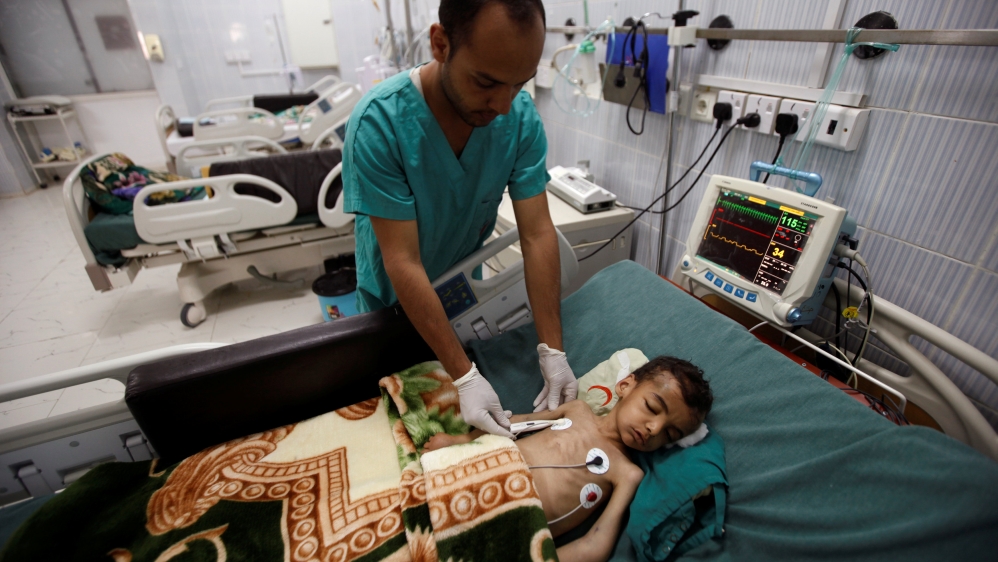
“There is a situation where people are not only affected by the direct consequences of conflict, but the economy has been seriously slowed down, because it is very costly to move goods across the country through the different frontlines. Then there is the aerial blockade, and it is difficult to move food into some of the seaports,” said Stillhart, who insisted that ICRC have “repeatedly called on the conflict participants” to allow full access for humanitarian supplies.
Stillhart estimated that over 17 million Yemenis – two-thirds of the population – require humanitarian assistance, and 10 million are in “acute need” of food aid.
The collapse of the economy has led to civil servants, including public sanitation workers, not being paid for eight months, which has meant that “garbage-laden water has been running through the streets of Sana’a when it rains,” creating the perfect conditions for a disease that has mostly been eliminated even in the developing world, says Sara Tesorieri, Advocacy and Policy Adviser for Norwegian Refugee Council in Yemen.
“Cholera is preventable. If you have the health systems and the response in place, you can control its spread, but the systems here have just been decimated. And the authorities don’t have the capacity that they had even four months ago to deal with this,” Tesorieri told RT from Sana’a.
Tesorieri said that international organizations are struggling to overcome the natural difficulties of working in a country that has been carved up by untidy frontlines, but hinted that there has been conscious resistance to allowing aid through – echoing previous expert concerns that civilian starvation and disease are being used as deliberate tactics.
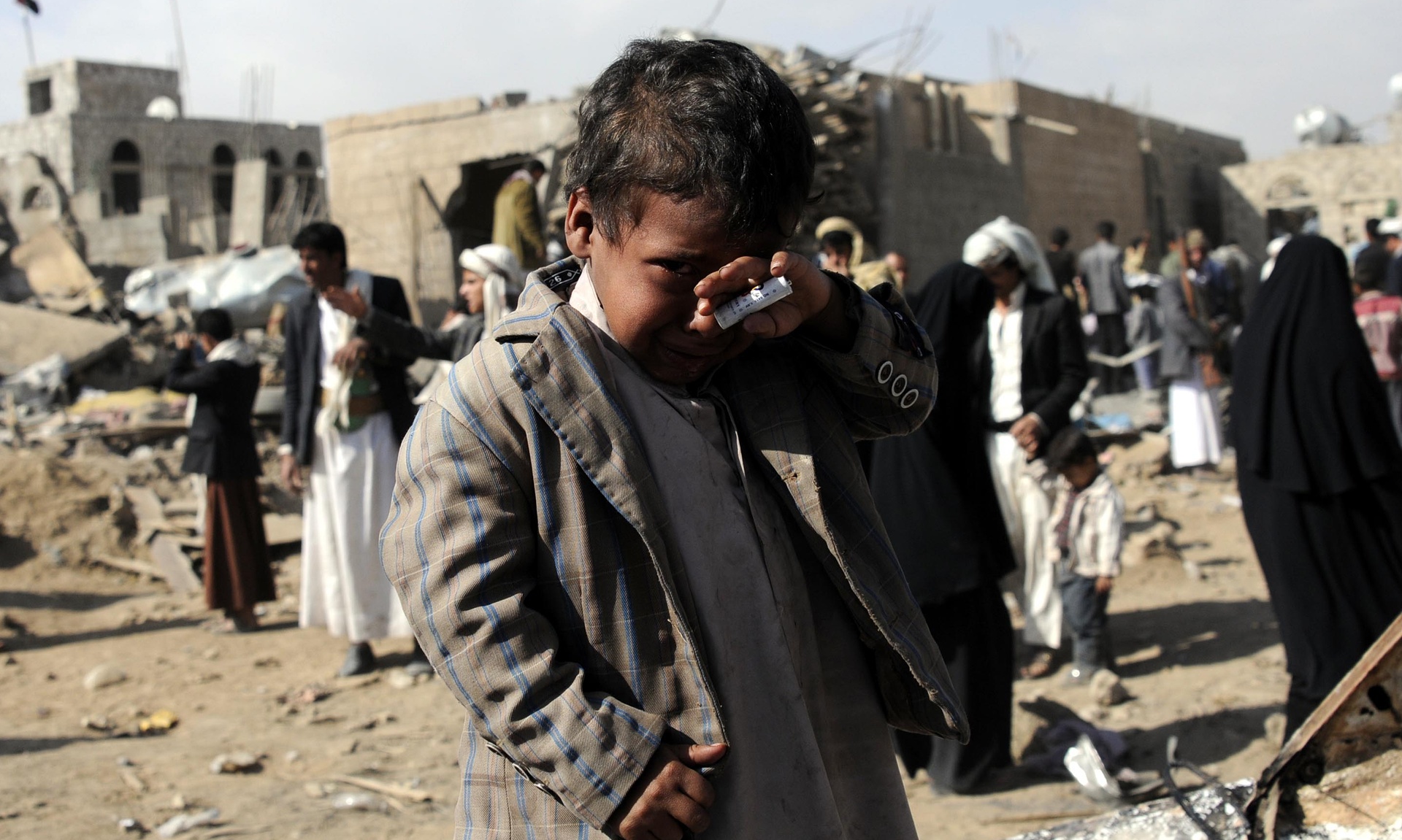
“There is an issue of basically the strangulation of imports. That somewhat affects the aid situation, but more it just affects how great the needs are. Yemen imports 90 percent of its food, so any sort of obstruction of imports of any kind really puts the country at risk,” said Tesorieri. “We do encounter obstacles from authorities as well and we encounter obstacles simply because the fighting continues, and that makes it difficult to reach certain areas.”
“People are not able to buy water that’s pure,” Jamie McGoldrick, UN Humanitarian Coordinator in Yemen, told RT. “We are just not able to see how we can turn this around quickly. And time is of the essence, because cholera does not wait for anybody.”
All three experts have accused leading international powers of failing to dedicate enough diplomatic and financial resources to ending the conflict, which remains finely balanced.
“We have less than 20 percent of our appeal funded, despite a pledging event two weeks ago in Geneva, where over $1.1 billion was pledged. We have not seen that money. And until we get that money, we cannot address the threat of famine later this year or more importantly we cannot address the current cholera outbreak,” McGoldrick said.
“All of this is entirely preventable,” Tesorieri said. “The deaths and suffering from cholera, the potential famine – these are the consequence of the conflict and the choices that the parties to the conflict and the parties that support them are making to continue this fighting, which is leading to a collapse of Yemen.”
Despite a top UN official calling Yemen “the worst humanitarian crisis since 1945,” and stated efforts by the organization to seek a ceasefire before Ramadan, which starts later this month, Stillhart warned the plight of the country will only deepen in the coming months.
“My biggest concern is that with no end in sight to the fighting, is that the situation will continue to deteriorate. It is absolutely crucial that the international community pays much more attention to the conflict and finds a resolution. In the absence of a resolution, it is key to respect international humanitarian law,” he told RT.
Yemenis' pleas fall deaf ears, US Seeks striking $300 Billion Arms Deals for Saudi Arabia
Turning a blind eye to sufferings of most impoverished Arab nation Washington is working hard to ink a series of arms deals for Riyadh worth of hundreds of billions dollar.
A senior White House official, who spoke to Reuters on condition of anonymity, said on Friday the arms package could end up surpassing more than $300 billion over a decade, a week ahead of President Donald Trump's planned visit to Riyadh.
"We are in the final stages of a series of deals," the official said. The package is being developed to coincide with Trump's visit to Saudi Arabia. Trump has chosen the Persian Gulf kingdom as destination for his first foreign visit.
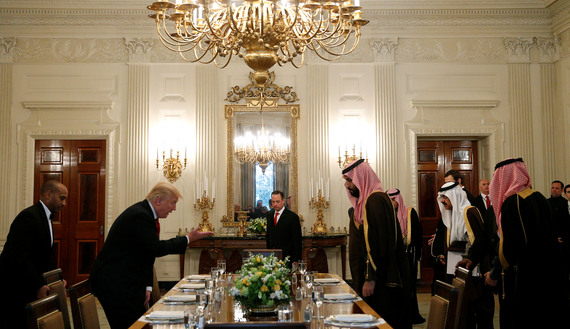
The United States has been the main supplier for most Saudi military needs, from F-15 fighter jets to command and control systems worth tens of billions of dollars in recent years, ignoring international call for an end to Al Saud regime which is blamed for committing war crimes in Yemen.
Saudi Arabia launched a deadly aggression against its southern neighbor Yemen on 27 March 2015 in a bid to restore power to Yemen's resigned president who fled to Riyadh after Yemeni people's uprising in 2015.
Over 12,000 Yemenis, mostly civilians including women and children, have been killed during the Saudi-led aggression.
Washington and its oil-rich ally Riyadh have also been negotiating over arms and maintenance, ships, air missile defense and maritime security, the official said.
The official added: "It's good for the American economy but it will also be good in terms of building a capability that is appropriate for the challenges of the region. Israel would still maintain an edge."
The US and UK have been providing logistic and intelligence support to Riyadh in its war against defenseless Yemenis, while equipping the kingdom’s military forces with a wide array of weapons including illegal munitions like cluster bombs.
Saudi Arabia was the world’s second largest arms importer in 2016 after India, purchasing over $15 billion in weapons, according to the Stockholm International Peace Research Institute.
Human Rights Group have repeatedly condemned western countries arms sale to Saudi Arabia whom they accuse of committing blatant war crimes against poorest Arab nation of Yemen.
Amnesty International has recently censured the US and UK for their “shameful” weapons transfers to Saudi Arabia, saying Washington and London were fueling the serious human rights violations and war crimes in Yemen committed by Riyadh.
Amnesty said the US and UK have sold over $5 billion worth of weapons to the Riyadh regime since the onset of the war, more than 10 times the $450 million they have allegedly spent to help save Yemeni civilians.
Saudi Arabia has conducted at least 58 “unlawful airstrikes” since the start of the Saudi-led military intervention in Yemen “with direct military support from the US and assistance from the UK,” according to a report in October by Human Rights Watch.
Despite spending billions of dollars on the full-scale war, however, Saudi Arabia has failed to achieve its pre-determined goals.


